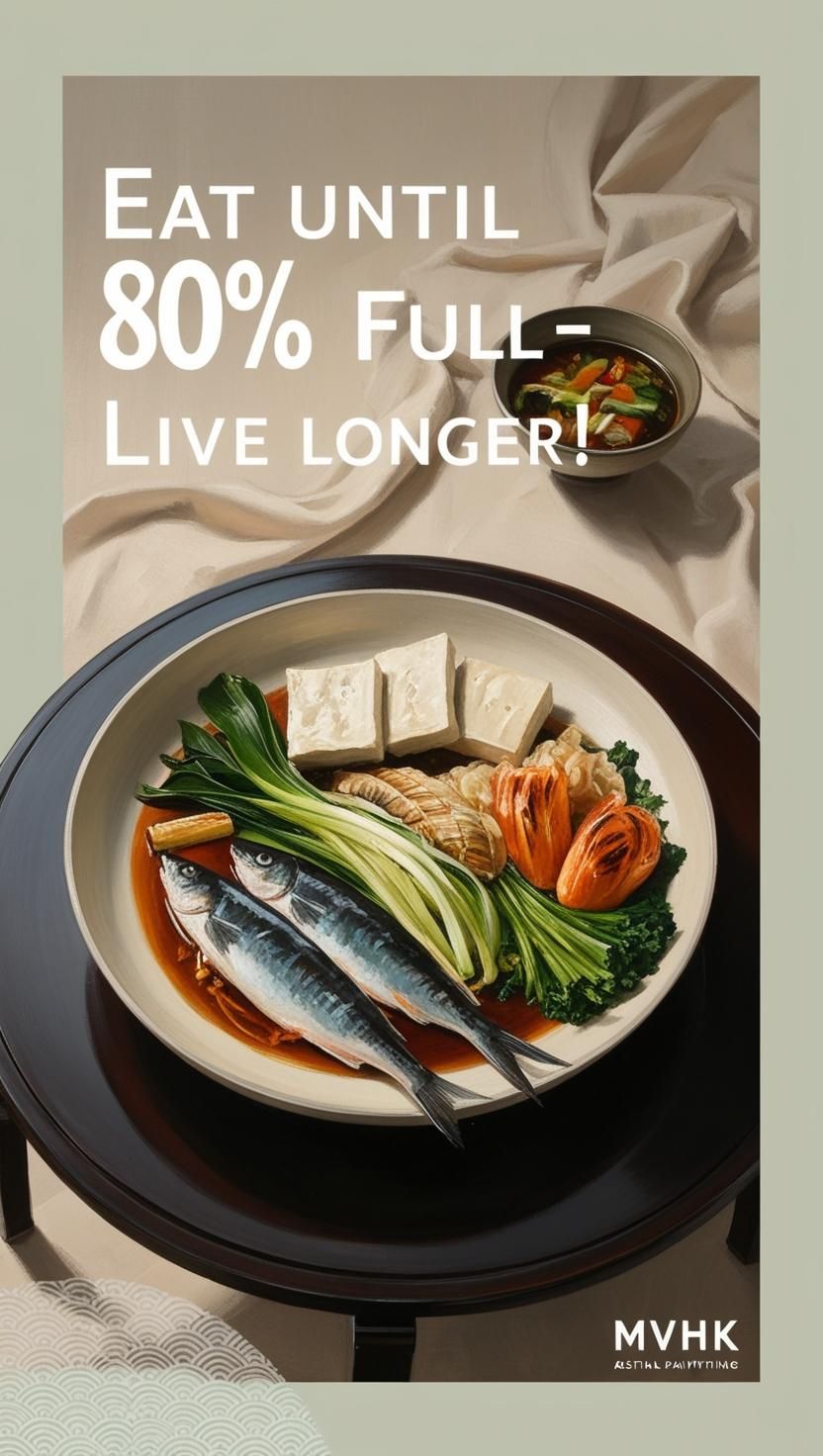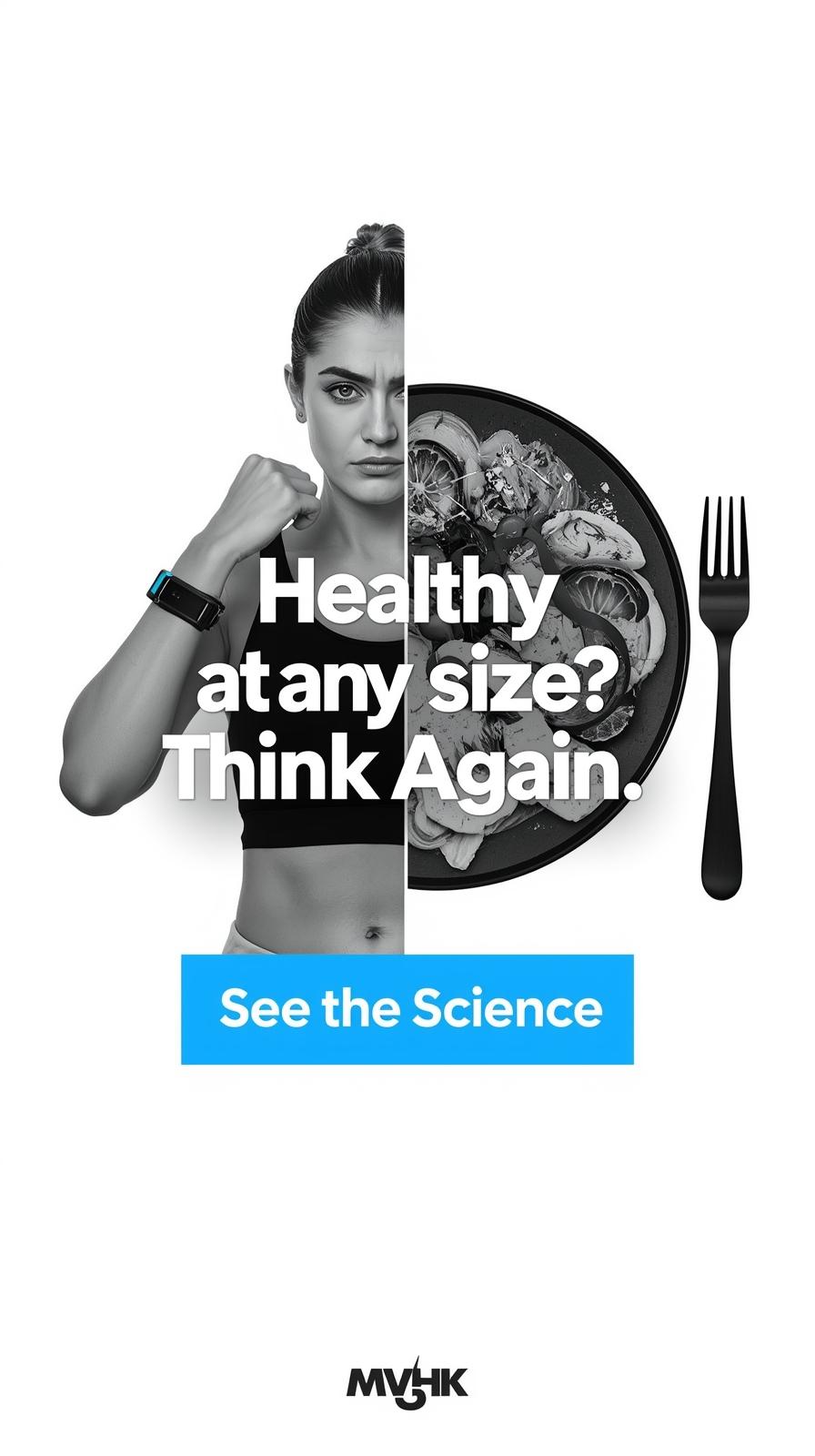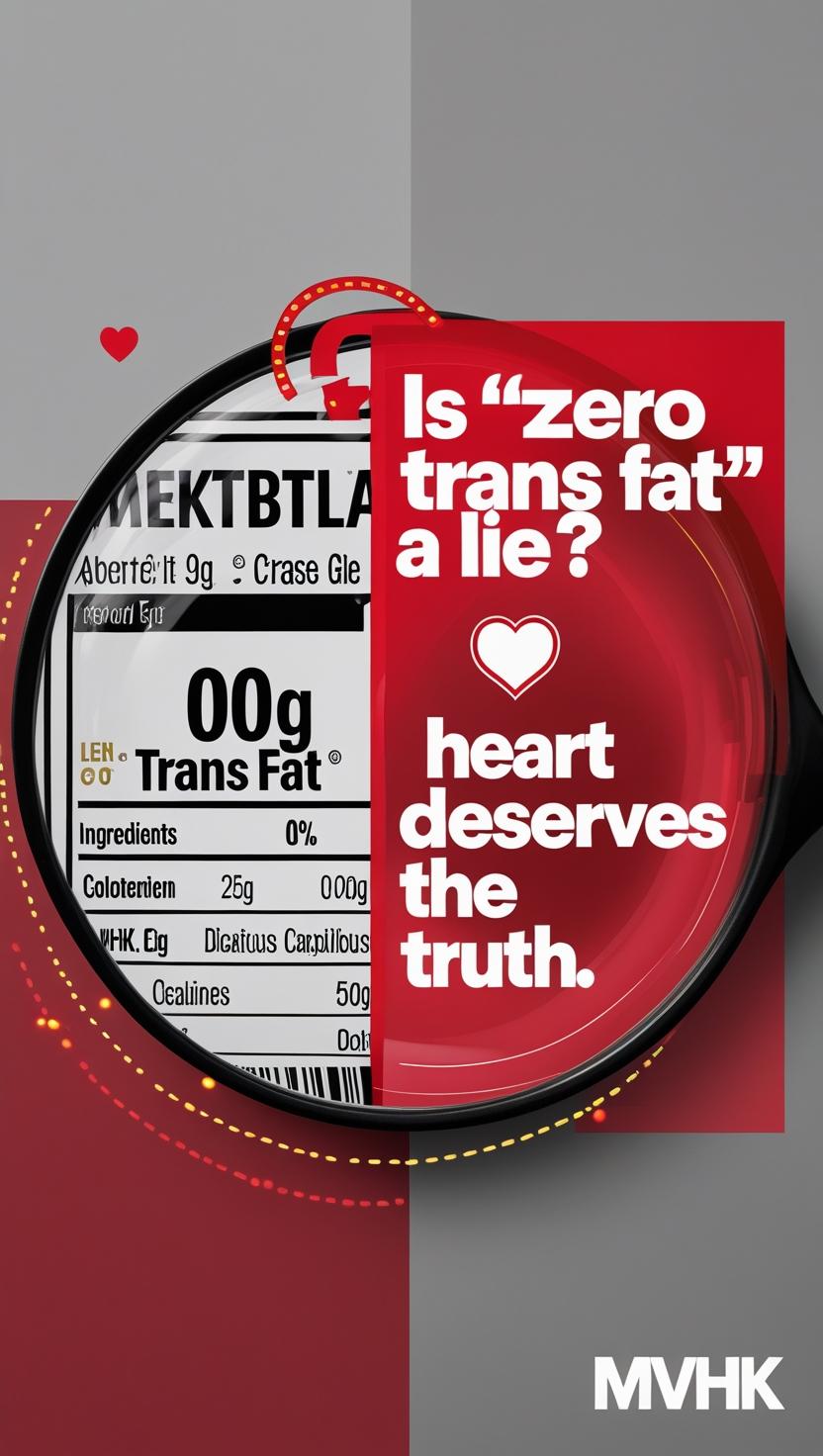Hara Hachi Bu: The 2,500-Year-Old Secret to Longevity
What Is Hara Hachi Bu?
Hara Hachi Bu is an ancient Confucian teaching that means “eat until you are 80% full.” Practiced by the Okinawans—one of the longest-living populations in the world—this simple yet powerful dietary philosophy helps prevent overeating, promotes weight management, and supports overall longevity.
Unlike calorie-counting diets, Hara Hachi Bu relies on mindful eating and self-awareness, encouraging individuals to stop eating before feeling completely full. This practice naturally reduces caloric intake while ensuring sufficient nutrient consumption.
The Science Behind Hara Hachi Bu and Longevity
Research shows that calorie restriction without malnutrition can extend lifespan and reduce the risk of chronic diseases. The Okinawan diet, which follows Hara Hachi Bu principles, is rich in plant-based foods and has been linked to:
- Lower risk of heart disease (Harvard Health)
- Reduced inflammation and oxidative stress (PubMed Study)
- Improved metabolic health (National Institutes of Health)
How Eating Until 80% Full Benefits the Body
- Prevents Overeating – By stopping at 80% fullness, you give your brain time to process satiety signals.
- Supports Healthy Digestion – Less food consumption reduces digestive stress.
- Aids Weight Management – Naturally lowers daily caloric intake without restrictive dieting.
- Promotes Longevity – Linked to increased lifespan in Blue Zones.
How to Practice Hara Hachi Bu in Daily Life
Incorporating this technique into your routine is simple but requires mindfulness. Here are a few practical ways to adopt Hara Hachi Bu:
1. Eat Slowly and Mindfully
- Chew thoroughly and savor every bite.
- Avoid distractions such as TV or smartphones while eating.
- Pay attention to hunger and satiety cues.
2. Use Smaller Plates and Bowls
- Smaller dishware creates the illusion of a fuller plate, helping to reduce portion sizes naturally.
3. Follow the Okinawan Food Pyramid
- High intake of: Vegetables, legumes (like soybeans), and whole grains.
- Moderate intake of: Fish, lean meats, and healthy fats.
- Low intake of: Dairy, processed foods, and sugars.
4. Stop Eating Before Feeling Full
- Aim to stop eating when you’re about 80% satisfied, leaving room for digestion.
Hara Hachi Bu and Weight Loss
While Hara Hachi Bu is not a traditional weight-loss diet, it can help with natural and sustainable weight management. Studies suggest that mindful eating practices like this reduce overall calorie intake, support better digestion, and prevent metabolic disorders.
Comparison: Hara Hachi Bu vs. Calorie-Counting Diets
| Feature | Hara Hachi Bu | Calorie Counting Diets |
|---|---|---|
| Focus | Mindfulness & satiety | Numerical calorie limits |
| Sustainability | Long-term | Often short-term |
| Restriction Level | Minimal | High |
| Effectiveness | Supports weight control | Varies |
Conclusion: How to Get Started Today
If you’re looking for a sustainable, effortless way to improve your health and extend your lifespan, Hara Hachi Bu is an excellent approach. Start by eating more mindfully, choosing nutrient-dense foods, and stopping before you’re overly full.
By practicing Hara Hachi Bu, you’re not just changing how you eat—you’re embracing a lifestyle of balance, longevity, and well-being.
- The Top 5 Anti-Aging Foods You Should Be Eating
- Mindful Eating: How to Eat with Awareness for Better Health
FAQ Section:
What does Hara Hachi Bu mean?
Hara Hachi Bu is a Confucian teaching that advises stopping eating when 80% full to maintain health and longevity.
Is Hara Hachi Bu effective for weight loss?
Yes! By reducing caloric intake without restrictive dieting, Hara Hachi Bu supports sustainable weight management.
What foods are best for practicing Hara Hachi Bu?
Vegetables, legumes, whole grains, and lean proteins are the foundation of an Okinawan-inspired Hara Hachi Bu diet.






